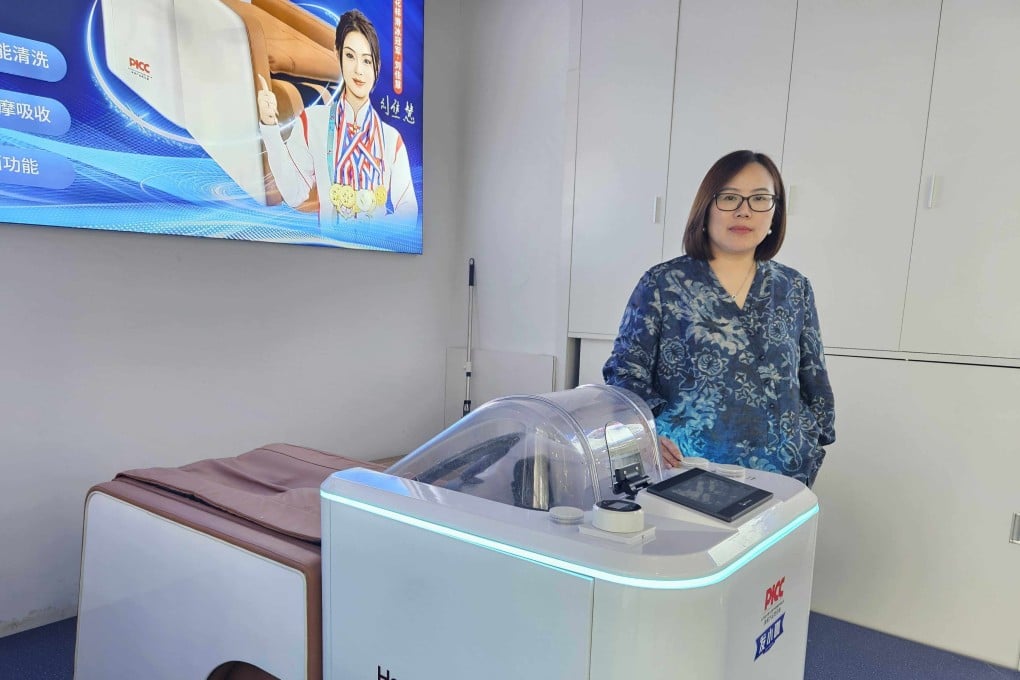Days after Blinkit-Airtel SIM home delivery was announced with much fanfare, the service has been put on hold, news agency PTI said quoting sources. The move came after the Department of Telecommunications (DoT) queried Airtel on the process being followed and made it clear that stipulated norms have to be complied with, the PTI sources said. The telecom department recently circulated a e-mail to various telecom service providers, saying “the existing self-KYC process, as per the extant instructions, shall be followed scrupulously.
” PTI quoted a person privy to the development said that the offering has been “put on hold, not discontinued”. A quick search done on Blinkit for Airtel SIM returned no matches. A user on X penned a post saying: “Tried ordering an Airtel SIM via Blinkit.

I blinked...
the service was discontinued ...
” PTI said emails sent to Airtel and quick commerce platform, Blinkit, seeking comments on the status of the launch announcement and whether or not the same have been discontinued, did not elicit any response. On April 15, Bharti Airtel had announced this partnership with Blinkit for the delivery of SIM cards to its customers within ten minutes. It had said that in the initial phase of the launch, the SIM delivery service will be available across 16 major cities, including metropolises such as Delhi, Gurgaon, Faridabad, Sonipat, Ahmedabad, Surat, Chennai, Bhopal, Indore, Bengaluru, Mumbai, Pune, Lucknow, Jaipur, Kolkata, and Hyderabad.
There were plans to add more cities and towns over a period of time. Here are seven reasons why the government put the home delivery of Airtel SIM on hold: 1. Regulatory compliance concerns The Department of Telecommunications (DoT) queried Airtel about the process being followed and emphasized that all stipulated KYC (Know Your Customer) norms must be strictly complied with.
2. KYC process scrutiny The DoT reminded telecom service providers that the existing self-KYC process, as per current instructions, must be followed scrupulously, raising concerns about whether the rapid home delivery model could maintain these standards. 3.
Security and fraud risks Rapid SIM delivery combined with Aadhaar-based eKYC increases the risk of misuse, such as SIM swap fraud, identity theft, and unauthorised SIM activations using stolen or forged documents. 4. Potential for criminal misuse There have been past instances where SIM cards obtained through fraudulent means were used for illegal activities like cyber fraud, terrorism, and human trafficking, making strict verification essential.
5. Need for robust verification protocols The fast delivery model demands rigorous on-the-spot verification, which may not be feasible or reliable with delivery personnel, increasing the risk of SIMs falling into the wrong hands. 6.
Data privacy concerns Sharing customer data between Blinkit and Airtel for SIM activation and delivery raises privacy and data protection concerns, especially in light of past Aadhaar data leaks. 7. Service still in evaluation phase The offering has been “put on hold, not discontinued,” suggesting that both companies and regulators are reviewing processes to address these compliance and security issues before resuming the service.
.
Technology

7 reasons as govt puts Airtel-Blinkit plan to home deliver SIMs on hold

The Blinkit-Airtel home delivery service has been paused after the Department of Telecommunications raised concerns about compliance with regulations and stipulated norms. Read on for more details















